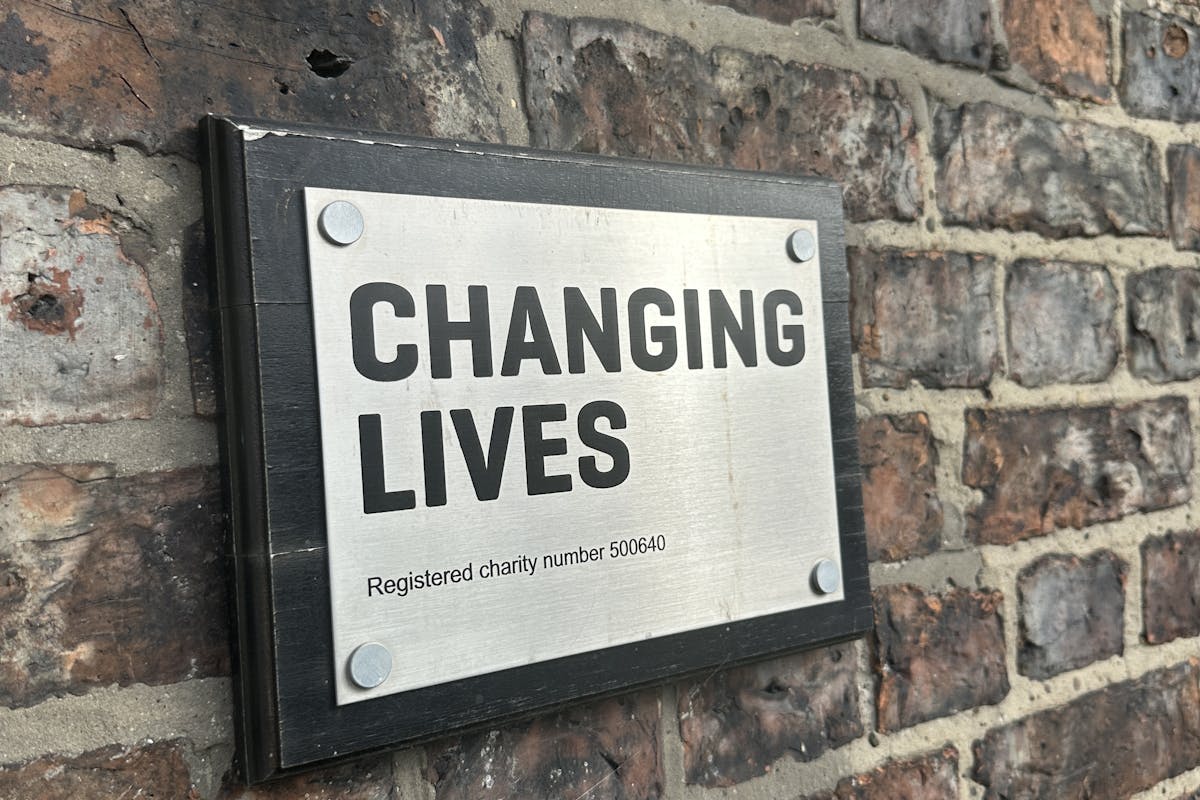Changing Lives' Policy Manager Philippa Rousell shares a response to Part 1 of the Independent Sentencing Review.
On 18th February 2025 the Independent Sentencing Review, chaired by former Justice Secretary David Gauke, published part 1 of its report into how the government should tackle the prison population crisis. Part 1 dives into the drivers behind the rising prison population with recommendations due to be published in the spring.
The Independent Sentencing Review was commissioned because prison populations are unsustainable and are only due to get worse. Estimations set out in the report say that prison demand is expected to grow by an average of 3,000 people per year – the equivalent of building two large prisons per year.
The report echoes much of what Changing Lives said in our own submission to the Review’s call for evidence, and will be welcome reading for the sector as it sets out clearly what many have been saying for years. Changing Lives has delivered support to women in the criminal justice system for a number of years, including commissioned support for women in prison, subject to probation supervision and women given conditional cautions.
In its analysis of drivers of sentence inflation, the report is highly critical of government decisions led by “penal populism” – i.e. kneejerk decisions in response to media and public outcries rather than a considered, evidence-based approach. Successive governments have competed with each other to prove who can be the most “tough on crime” meaning that sentencing decisions have become increasingly centred around punishment rather than considering the other statutory purposes of sentencing such as rehabilitation.
Specific recommendations will come out in the spring, but we welcome the shift in focus towards rehabilitation and what actually works to reduce reoffending. The question will be whether the government is prepared to make ambitious changes, knowing they may go against public opinion.
What are we hoping to see?
- Bold government leadership that challenges misconceptions about the criminal justice system rather than reinforcing them.
- Investment in both probation and other community services to ensure people are able to meet the conditions of their community sentences and license periods. Commissioned services such as those provided by Changing Lives did not feature in part 1 of the report, but should be a key part of the solution going forwards.
- A shift from punishment to support, especially where the initial crime or breaches of orders are linked to systemic failures (e.g. lack of appropriate housing).
- Gender-specific responses across the system, including enhanced training for the judiciary and increased communication between the judiciary and services that support women.
- National rollout of early intervention including both out of court resolutions and bail support schemes which support people from the point of arrest through to charge, conviction and sentence.
- The end of short recalls which serve no rehabilitative purpose. Recall should be reserved for the most serious of circumstances – i.e. when someone has committed a serious further offence or their risk to others has increased.
- Alternatives to fines, particularly for poverty-driven offences where there is no realistic way of paying.






